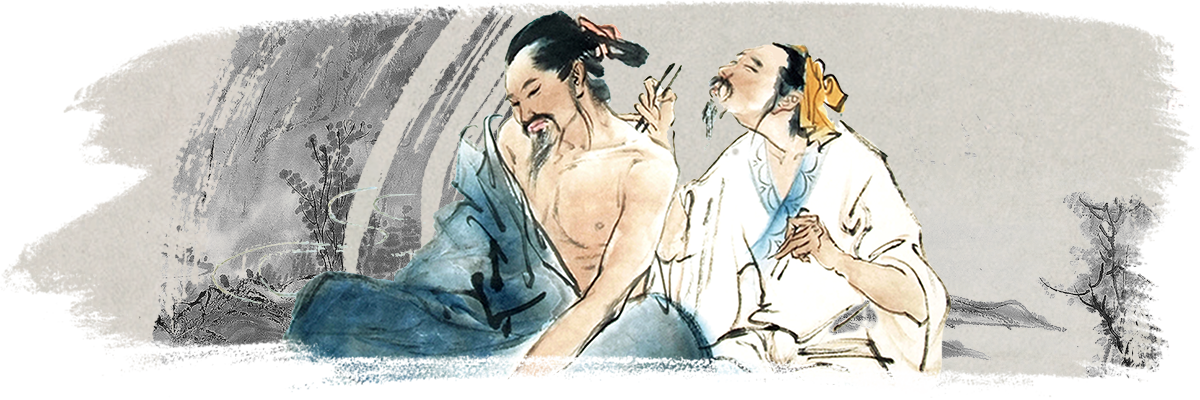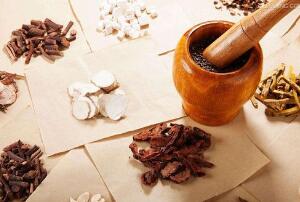Free&News

Chinese Herbal Medicine: How Effective Is It? 2
Searching for Tangible Effects
The project starts this month. Dr. Minger will fly to Shanghai to bring together Alzheimer’s scientists in the UK with Chinese researchers in the hope of mining TCM for new medicines for the disease. He believes that the traditional system, based on energy flow in the body, yin and yang, anecdotal evidence and treatments made from ground-up plant and animal products, can help evidence-based Western medicine. So do many drug developers in the West who are turning their attention to TCM in the hope that the thousands of remedies in its armoury may have tangible biological and therapeutic effects.
“I think there are clearly active ingredients in some of these plant extracts which have potent biological effects,” says Dr. Minger. “It’s not that surprising when you look at the fact that Taxol, a cancer treatment, originally came from yew, and aspirin from willow. Assuming that this project works, TCM could represent a whole new class of drugs that no one has had access to before.”
He believes that there is a pressing need for new Alzheimer’s treatments. “It is such a huge health care burden; it’s projected to bankrupt most Western countries in the next 50 years. There are almost no therapies and the existing ones work only on a subset of people. Plus, in most cases, they only slightly slow the progression of the diseases.” Rebecca Wood, the chief executive of the Alzheimer’s Research Trust, agree that looking for potential cures in Chinese medicine could open up new avenues of treatment. “It’s always worth looking at the unusual. We shouldn’t assume we have not all the answers here. Just because something is traditional doesn’t mean that it doesn’t have active compounds in it.”

International acupuncture education






